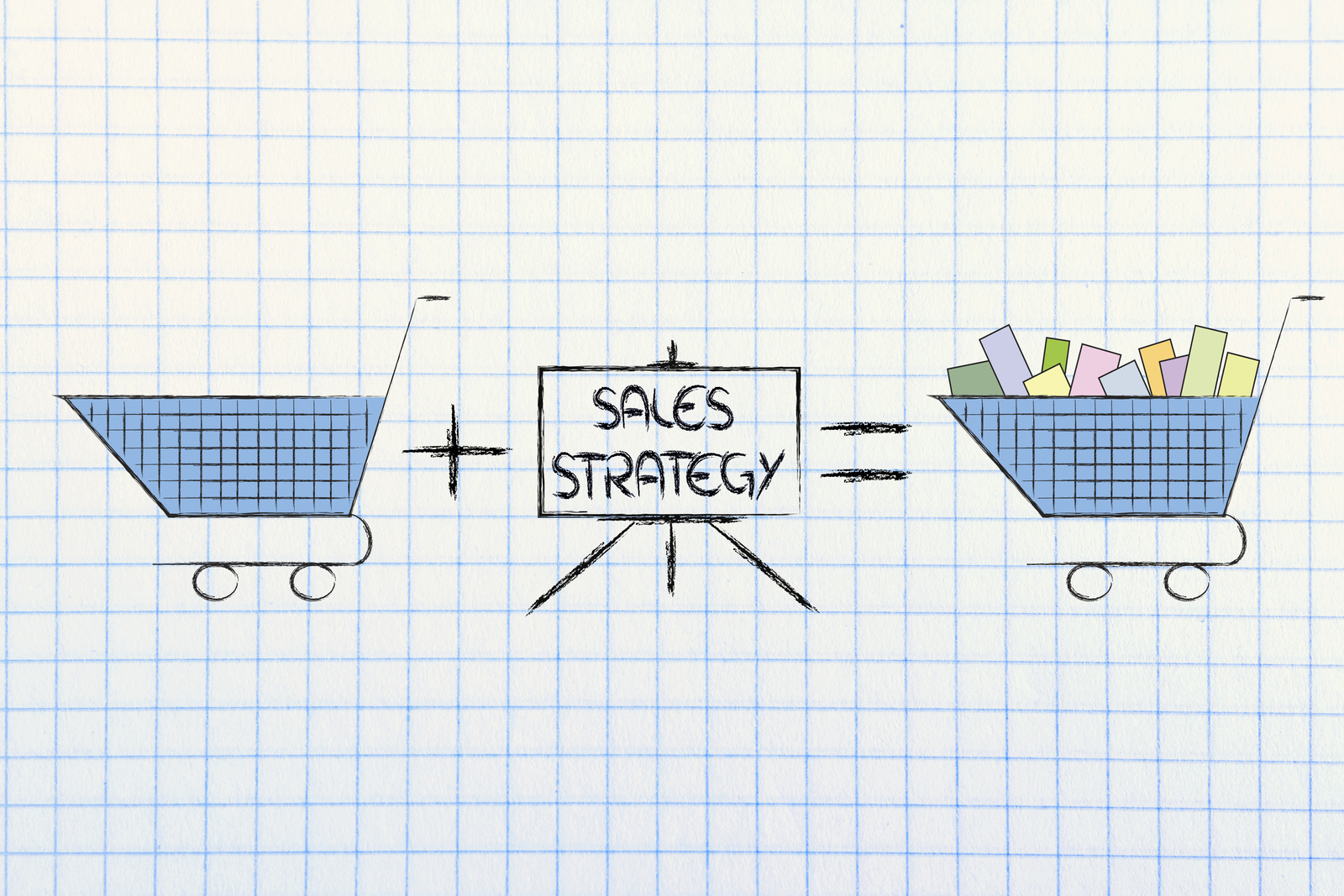[vc_row type=”in_container” full_screen_row_position=”middle” column_margin=”default” scene_position=”center” text_color=”dark” text_align=”left” overlay_strength=”0.3″ shape_divider_position=”bottom” bg_image_animation=”none”][vc_column column_padding=”no-extra-padding” column_padding_position=”all” background_color_opacity=”1″ background_hover_color_opacity=”1″ column_link_target=”_self” column_shadow=”none” column_border_radius=”none” width=”1/1″ tablet_width_inherit=”default” tablet_text_alignment=”default” phone_text_alignment=”default” overlay_strength=”0.3″ column_border_width=”none” column_border_style=”solid” bg_image_animation=”none”][vc_column_text]
Retail selling techniques are widely varied from others due to the unique demographics that most stores require. It is even commonly compared to organizational selling. However, aside from sharing the common denominator of being involved with sales, these two are entirely different.
So, before we jump into our pro tip on how to boost your retail sales, let’s have a quick comparison between retail and organizational selling.
How is Retail Selling Different from Organizational Selling?
Here are brief definitions of retail selling vs. organizational selling to identify their differences.
What is Organizational Selling?
Organizational selling targets companies and organizations in the market trade. These organizations purchase goods for their internal operations or have their customer base to sell the products, which means that the process doesn’t involve single end-users. Either way, they often buy in massive quantities to cater to their organizational needs.
Selling to organizations means considering their product requirements, which are stipulated in a contract. You often need to meet their unique set of standards to capture their market, like quality and safety specifications, and follow a diligent schedule to deliver a certain number of supplies.
What is Retail Selling?
The retail process is different than when you sell products to an organization.
Retail involves selling goods to the public. The customers buy goods usually in small quantities and use the product for personal consumption, which means that they’re the end-users.
However, the process of establishing costumers for a particular product may not be so easy. You have to know how to advertise your product to the people who will find its value and are willing to spend on the price of the product you’re selling.

Boost Your Sales In Retail Using Data Analytics
It’s essential to learn the different retail sales techniques to apply to your store for your business success. However, there is one method that every retail entrepreneur should incorporate in sales strategies, and that is data analytics.
Retail professionals commonly use selling techniques involving recorded data with classified items, price ranges, and some basic statistics. Statistics is vital because it tells you what the actual sales are for each item. All of these help you determine what items are selling well, which ones you should be focusing on, and how you can improve your sales and increase your profit margin.
Many retail salespeople also use an accounting system, which helps to organize the data professionally. Listing items can help you figure out the best selling item in your store. When you use a spreadsheet, it enables you to track inventory, sales, and order status. This allows you to quickly see the vital data points that can determine what changes need to be made immediately and for the future.
Conclusion
Data analytics is just one of the numerous techniques used to improve retail selling. However, its the best way to get started in exploring marketing strategies you can utilize to promote your product. Once you have all the data and information, you can leverage it to target your customers using effective advertising campaigns.
Do you need expert retail marketing consultants? Contact Retailbound today!
[/vc_column_text][/vc_column][/vc_row]



